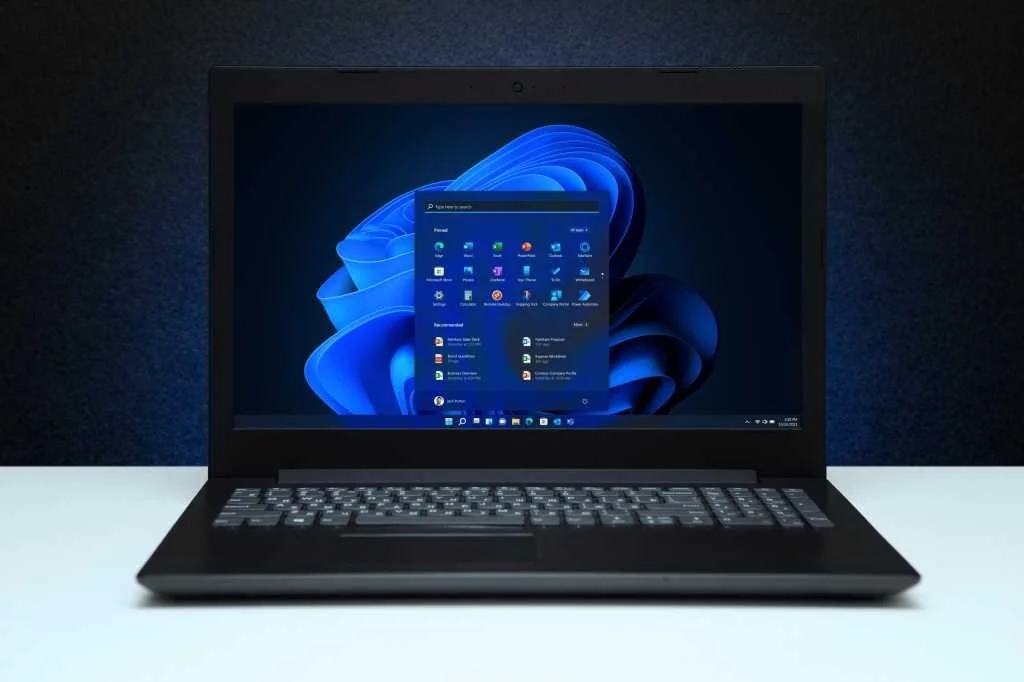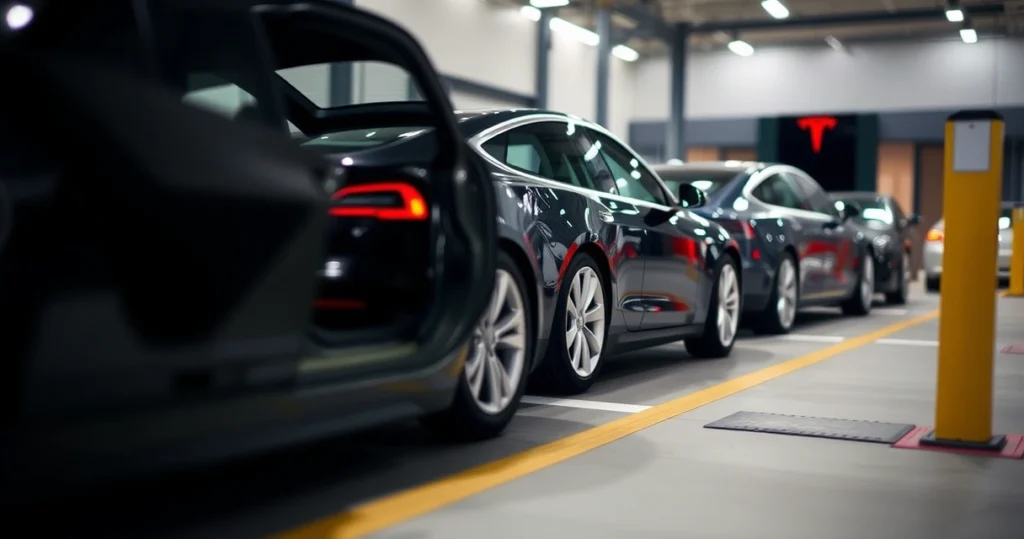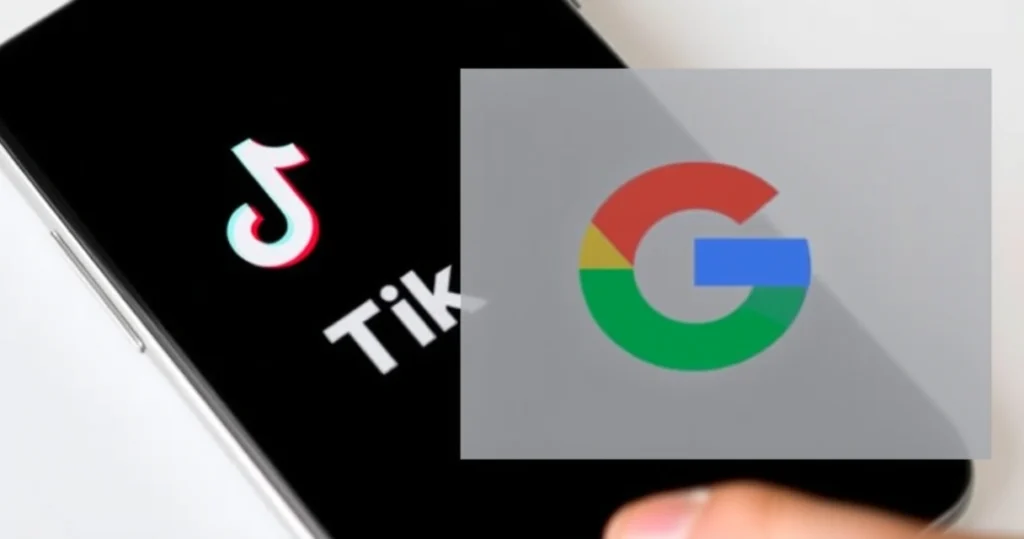In a surprising turn of events, users have reported that Microsoft’s Windows Update is permitting the installation of Windows 11 on machines that do not meet the official system requirements. As the support for Windows 10 is set to end on October 14, 2025, many users are left with a dilemma: should they take the leap and upgrade to Windows 11 despite their PCs being marked as incompatible? This article will explore the implications of this potential glitch, the system requirements for Windows 11, and what users should consider as they navigate this unexpected situation.

As Microsoft transitions users from Windows 10 to Windows 11, the importance of adhering to system requirements cannot be overstated. However, instances of Windows 11 installations on incompatible hardware raise questions about whether this is a bug in the Windows Update system or a deliberate strategy to encourage upgrades. In this piece, we will delve into the details surrounding this issue, offering insights and practical guidance to those affected.
Understanding Windows 11 System Requirements
Before discussing the implications of installing Windows 11 on incompatible PCs, it is essential to understand what the system requirements entail. Microsoft has laid out specific guidelines that dictate the hardware capabilities necessary for running Windows 11 effectively. Here are the key requirements:
- Processor: 1 GHz or faster with at least two cores on a compatible 64-bit processor or system on a chip (SoC).
- RAM: 4 GB or more.
- Storage: 64 GB or larger storage device.
- System Firmware: UEFI, Secure Boot capable.
- TPM: Trusted Platform Module version 2.0.
- Graphics card: DirectX 12 compatible graphics / WDDM 2.x.
- Display: >9” with HD Resolution (720p).
- Internet connection: Internet connectivity is necessary to perform updates and to download and take advantage of some features.
The Reported Glitch in Windows Update
In recent weeks, there have been numerous reports from users claiming that Windows Update prompted them to upgrade to Windows 11, even though their systems do not meet the specified requirements. This has led to speculation about whether Microsoft is experiencing a bug in its update system or if it is intentionally allowing these installations.
What Users Are Experiencing
Accounts from various users suggest that during the Windows Update process, prompts for the installation of Windows 11 appear, even on hardware that lacks critical components like TPM 2.0. This has left many wondering if Microsoft is softening its stance on compatibility or if there is a flaw in the detection algorithms used by Windows Update.
Potential Risks of Installing on Incompatible PCs
While the allure of upgrading to Windows 11 may be strong, users should consider the risks associated with installing the operating system on incompatible hardware:
- Performance Issues: Systems that do not meet the requirements may face performance degradation, leading to a subpar user experience.
- Security Risks: Incompatible systems may not receive critical security updates, exposing users to vulnerabilities.
- Stability Problems: Users may experience crashes, bugs, or other stability issues that affect productivity.
- Limited Support: Microsoft may not provide support for installations on unsupported hardware, leaving users to troubleshoot problems independently.
Why Is Microsoft Ending Support for Windows 10?
With the end of support for Windows 10 looming on October 14, 2025, Microsoft is pushing users toward Windows 11 as part of its strategy to modernize its operating system offerings. The discontinuation of support means that users will no longer receive security updates, bug fixes, or technical support for Windows 10, which can leave systems vulnerable to security threats.
The Benefits of Upgrading to Windows 11
Despite the challenges, there are compelling reasons for users to consider upgrading to Windows 11:
- Enhanced User Interface: Windows 11 features a more streamlined and modern interface, improving overall usability.
- Improved Performance: The new operating system is designed to optimize performance, especially on compatible hardware.
- New Features: Windows 11 introduces new functionalities such as Snap Layouts, Widgets, and improved gaming features.
What Should Users Do?
As the deadline for Windows 10 support approaches, users with incompatible PCs face a tough decision. Here are some recommended steps:
- Check for Updates: Regularly check for Windows Updates to see if the glitch persists or if Microsoft has addressed the issue.
- Consider Hardware Upgrades: If feasible, consider upgrading hardware components to meet Windows 11 requirements for a better experience.
- Explore Alternatives: If upgrading is not an option, consider exploring other operating systems or remaining on Windows 10 with careful management of security risks.
FAQs
1. Can I install Windows 11 on any incompatible PC?
While users have reported being able to install Windows 11 on incompatible PCs, it is not recommended due to potential performance and security risks.
2. What happens if I continue using Windows 10 after support ends?
If you continue using Windows 10 post-support, your system will be vulnerable to security threats and will not receive updates or technical support from Microsoft.
3. How can I check if my PC is compatible with Windows 11?
You can use the PC Health Check app provided by Microsoft to determine if your PC meets the necessary requirements for Windows 11.
4. What are the alternatives to Windows 11 for unsupported PCs?
For unsupported PCs, you might consider alternative operating systems like Linux or sticking with an optimized version of Windows 10.
5. Will Microsoft fix the glitch allowing installations on incompatible PCs?
It is unclear if Microsoft will address the reported glitch, but users should stay updated through official Microsoft channels for any announcements regarding this issue.
Conclusion
The unexpected allowance for Windows 11 installations on incompatible PCs has left users in a precarious situation as the support for Windows 10 approaches its end. While the allure of upgrading to a new operating system is compelling, users must weigh the risks and benefits carefully. Ultimately, staying informed and proactive about system requirements and updates will be crucial as the software landscape continues to evolve. Whether you decide to upgrade or seek alternative solutions, understanding your options is essential for maintaining a secure and effective computing experience.
📰 Original Source
Este artigo foi baseado em informações de: https://tecnoblog.net/noticias/novo-bug-microsoft-oferece-windows-11-ate-para-pcs-incompativeis/



